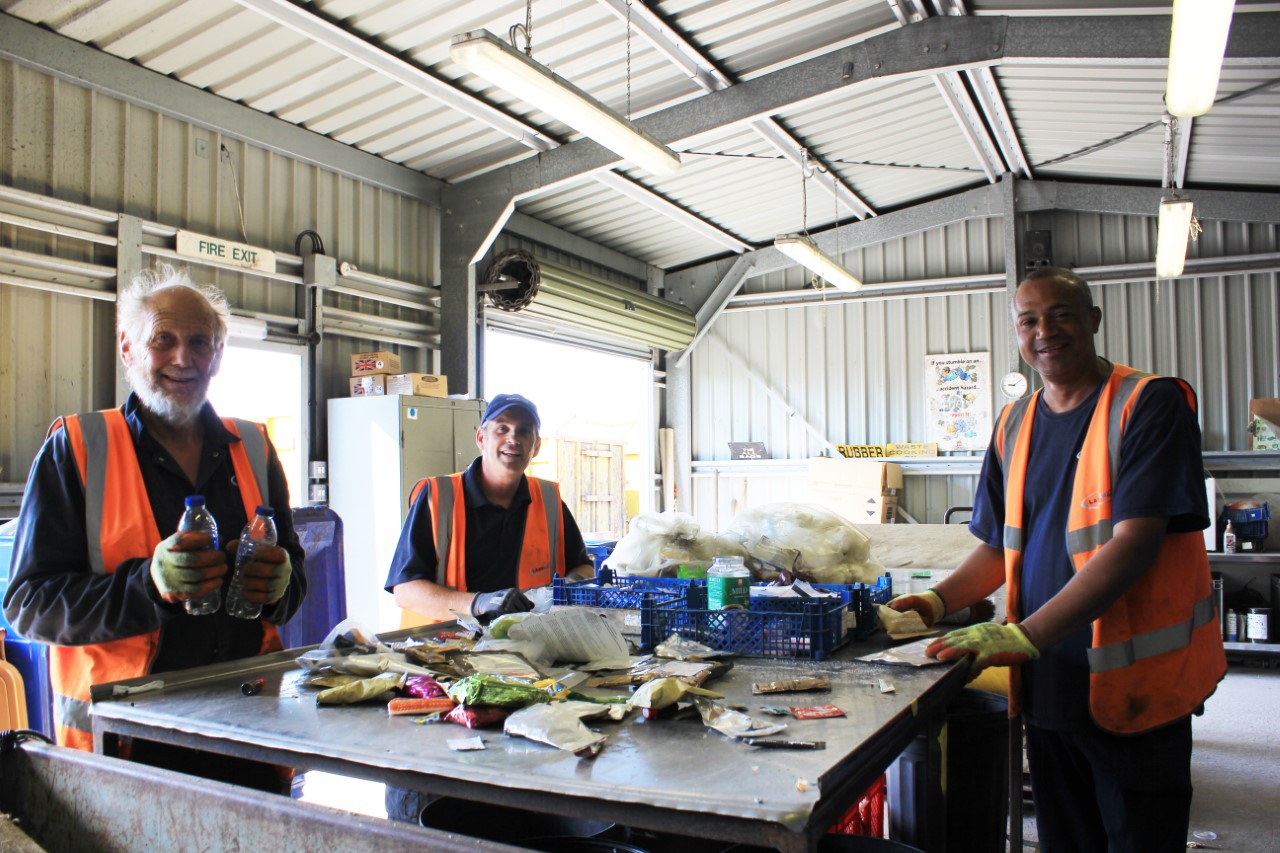This week is Environment Week in Business in the Community’s 10-week Responsible Business in Action campaign. Our environmental impact is something we take very seriously at Landmarc, and our Sustainability Strategy identifies eight key objectives in this area covering environmental management systems, behavioural change campaigns, sustainability training, waste management, climate risk, carbon reduction, and sustainable procurement. In particular, we have set ourselves a target to recycle 70% of waste by 2020 and ensure that less than 5% of our waste is disposed to landfill each year. Ultimately, our aim is to achieve zero waste to landfill, coordinating effort and investment into sustainable waste management to achieve this. However, meeting these targets requires commitment, both in training and from the operational staff who do the hard work at the frontline. Sustainability Manager, Amanda Williams, explains more.

Our strategic commitments
“In April 2017, Landmarc launched a new Sustainability Strategy using the United Nation’s Sustainable Development Goals (SDGs) as a framework for prioritising action. To support the Greening Government Commitments and Sustainable MOD Strategy, as well as our own Sustainability Strategy, Landmarc has committed considerable investment and staff resource into developing an effective approach, which includes investment in eight waste sorting stations; a renewed focus on staff training and development; and partnership working with key stakeholders. But absolutely critical to our success are our passionate operational personnel, who all have a genuine commitment to the cause.
Implementing the waste hierarchy
“The Waste Sorting Stations (WSS) we manage are key to Landmarc’s approach. Originally established to sift for military debris, the WSS teams are now also adding significant value by segregating waste for recycling and implementing the waste hierarchy. Each site has a nominated waste focal point, responsible for overseeing waste management locally and driving improvements.
“An example of this is at Westdown Camp on Salisbury Plain where our team demonstrated initiative after noticing a large volume of unused hexamine cookers being sent for disposal following exercises on the Plain. Putting the hexamine packs to one side, they re-packed and returned the field cookers back to the DIO Field Training Unit supply chain. In seven months alone, a total of 2,280 stoves were diverted from waste. In addition to the savings achieved for DIO, this initiative also avoided unnecessary disposal costs. Even though the hexamine stoves are now being phased out by the MOD, the team still identifies any unused new-style gel stove packs that can be returned.
Developing skills
“Landmarc has made a commitment to ensure our teams have the right skills and knowledge to contribute to resource management objectives. As part of a wider drive to develop sustainability skills, the sustainability team has toured the UK delivering waste management training to operational staff involved in handling waste. With the environment at the heart of everything we do here at Landmarc, it is very important that we look after the natural world and our local environment. We are constantly looking to evolve the way we work to become a more sustainable and effective organisation.”
